Common Pests In Vegetable Gardens - Tips On Treating Vegetable Pests
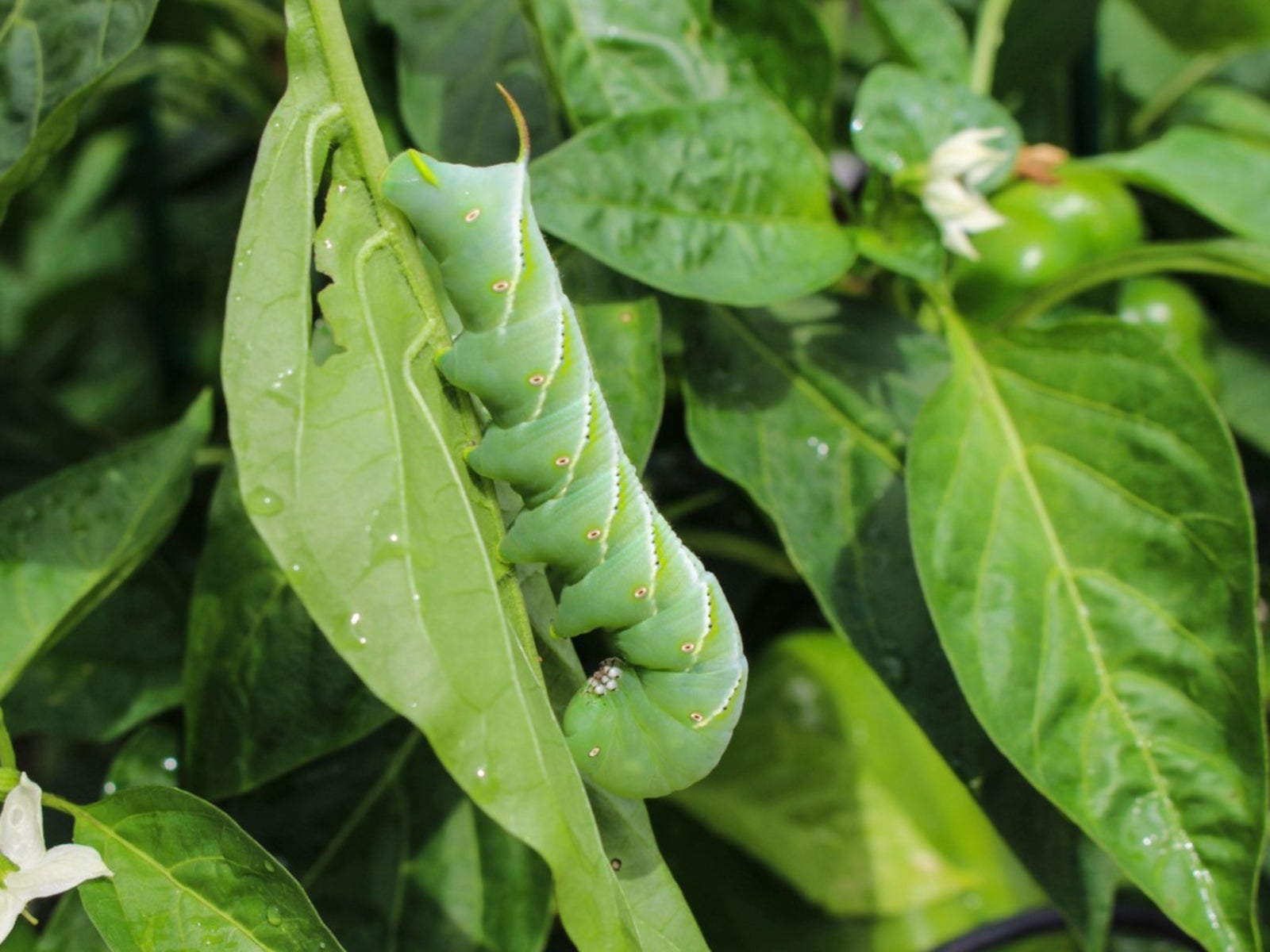
Vegetable gardeners have a lot of enemies when it comes to raising beautiful and tasty vegetables: not enough sunlight, drought, birds, and other wildlife. The worst foe for home gardeners though may be vegetable garden pests. These insects feed on healthy vegetable plants and may even move on to another type of plant once they go through a metamorphosis, or change. Treating vegetable pests involves a number of steps, but the simplest way to deal with the problem is to prevent them from overtaking your garden in the first place.
Common Pests in Vegetable Gardens
The earliest pests affecting vegetable plants are the larvae or worms that are the second stage in an insect's life. Many of these look like colorful caterpillars, but they are anything but friendly. These pests can munch through an entire row of plants in a matter of days, laying waste to your carefully planted crops.
- Probably the most well-known of these pests is the tomato hornworm. These distinctive large worms will eat holes in leaves and tomatoes, ruining an entire crop.
- The corn silkworm works its way down from the silk at the top of each ear into the corn itself, chewing through the kernels and making each ear unusable.
- Cutworms do the most damage to tiny seedlings just as you plant them. These pests cut the stem clear through right at soil level, killing the entire plant.
- The squash vine borer tunnels its way into squash and pumpkin vines right at the base, causing the entire plant to wilt and die.
Other types of garden pests are:
- Japanese beetles
- striped cucumber beetle
- Colorado potato beetle
- cabbage maggot
- grasshoppers
- dozens of other living pests
Each plant you grow will have its own group of pests in vegetable gardens.
Tips on Treating Vegetable Pests
Keeping pests out of vegetable gardens is a season-long chore, but you can make your job much easier by setting your garden up for success. Make the soil fertile and healthy with well-rotted compost. This will also allow excess moisture to drain away from vulnerable roots. Check through seed catalogs to find crop varieties that resist common pests from your area. Check for the normal hatching time for the worst pests in your area and delay planting your crops for about two weeks. This will disrupt the insects' feeding schedules and may prevent the worst of the damage. Encourage or even purchase beneficial insects and animals that prey on common pests. Ladybugs and beneficial wasps, for instance, will kill off many garden pests. If there are lizards or toads in your area, try to encourage them to live in the garden by putting out small enclosures they can use for a safe home. Keep away weeds, dead plants, and any garbage that may appear in the garden area. A clean garden is a healthy garden, which makes it harder for pests to take hold.
Gardening tips, videos, info and more delivered right to your inbox!
Sign up for the Gardening Know How newsletter today and receive a free copy of our e-book "How to Grow Delicious Tomatoes".
-
 Looking For Plants To Give You The Soft And Fuzzies? Try These 5 Fuzzy Leaf Plant Options
Looking For Plants To Give You The Soft And Fuzzies? Try These 5 Fuzzy Leaf Plant OptionsLovers of texture, drama, silver foliage and tactile plants will adore these special sensory garden additions. These fuzzy leaf plant options will leave you all aglow
By Susan Albert
-
 Get Ready For A Summer Of Hummers! Grow These Full Sun Hummingbird Plants and Flowers
Get Ready For A Summer Of Hummers! Grow These Full Sun Hummingbird Plants and FlowersIf you’re lucky enough to enjoy a sunny backyard, make sure you are maxing out on your pollinator opportunities and grow these full sun hummingbird plants and flowers
By Tonya Barnett
-
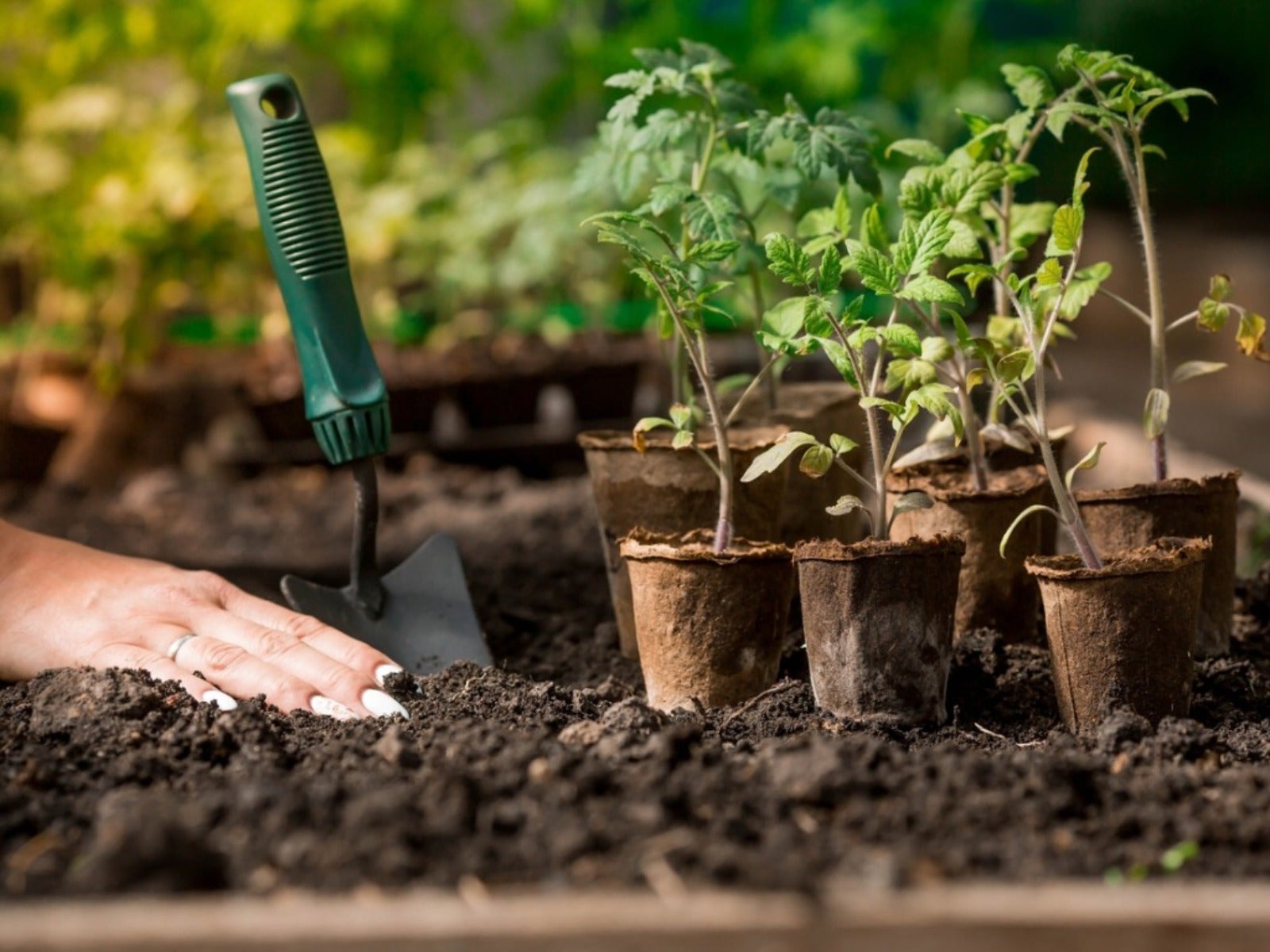 How Many Vegetables To Plant Per Person For A Year
How Many Vegetables To Plant Per Person For A YearGauging how much to plant in a vegetable garden can eliminate waste while still producing enough for your family. Click for more.
By Bonnie L. Grant
-
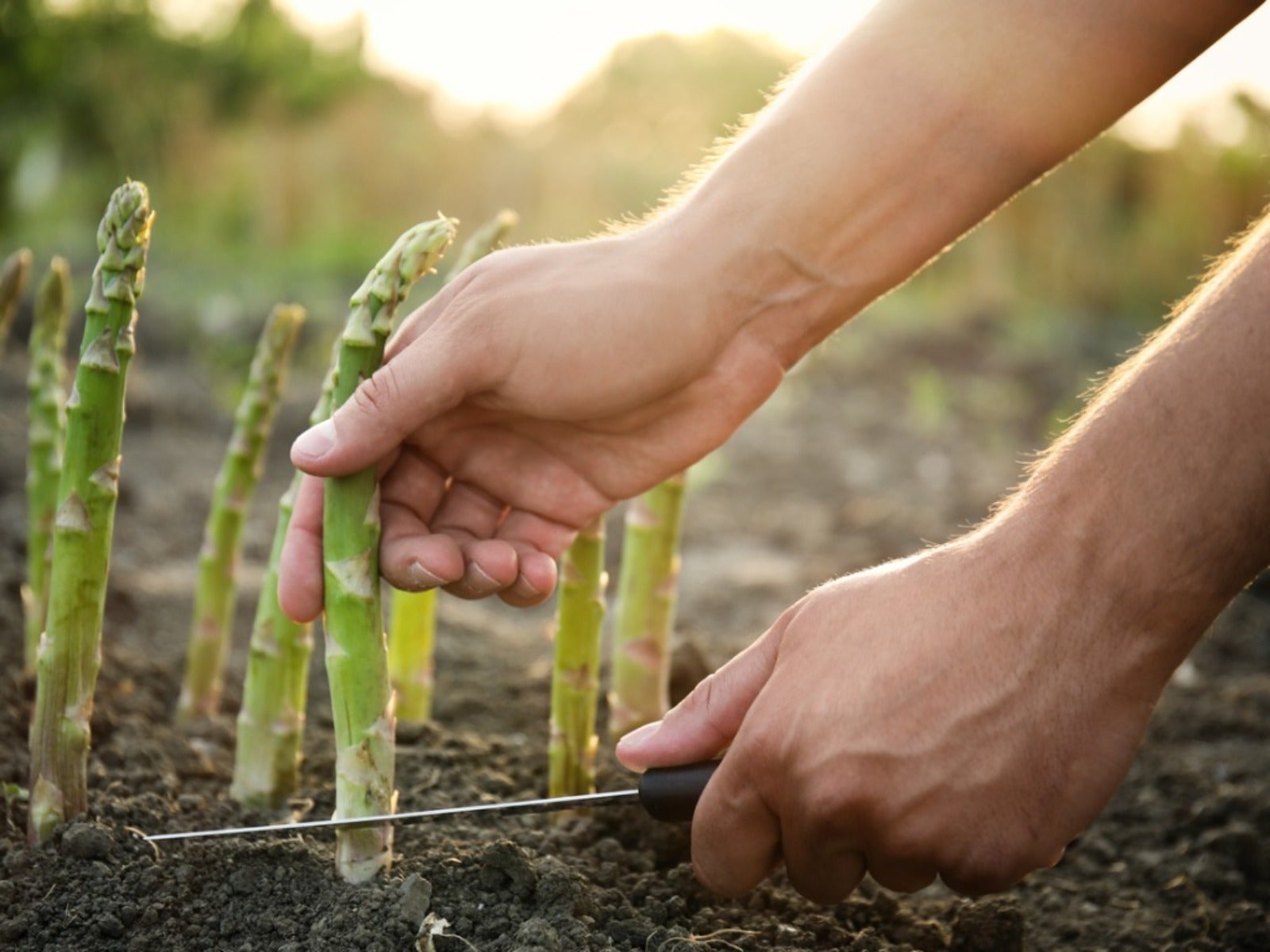 13 Perennial Fruits And Vegetables You Only Have To Plant Once
13 Perennial Fruits And Vegetables You Only Have To Plant OnceLooking to set it and forget it? Find out which fruits and vegetables can be grown as perennials.
By Laura Miller
-
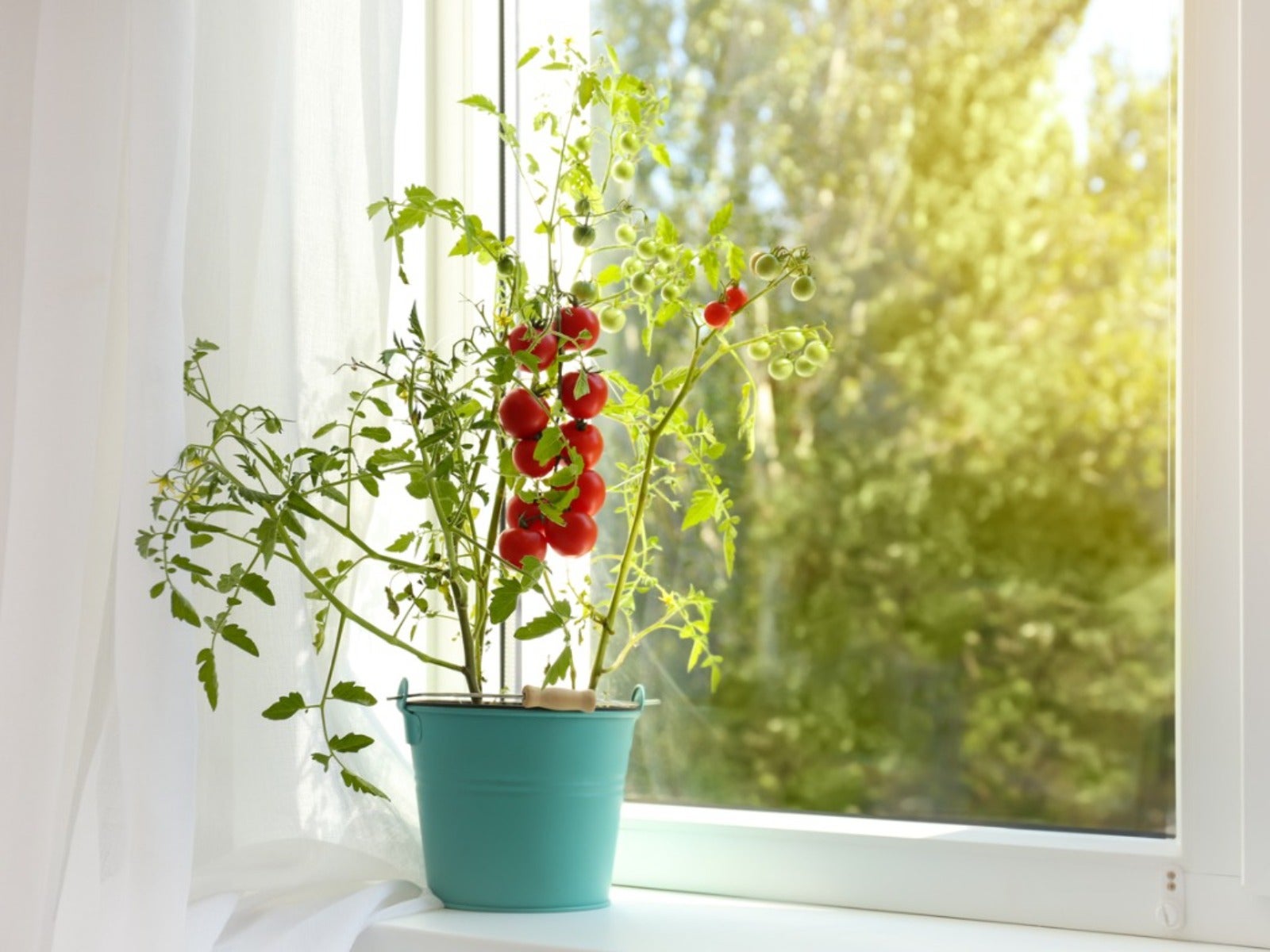 11 Edible Plants For A Year-Round Garden In A Bucket
11 Edible Plants For A Year-Round Garden In A BucketWant to know how to grow food inside your house and which foods do best indoors? Click here to learn all about it.
By Bonnie L. Grant
-
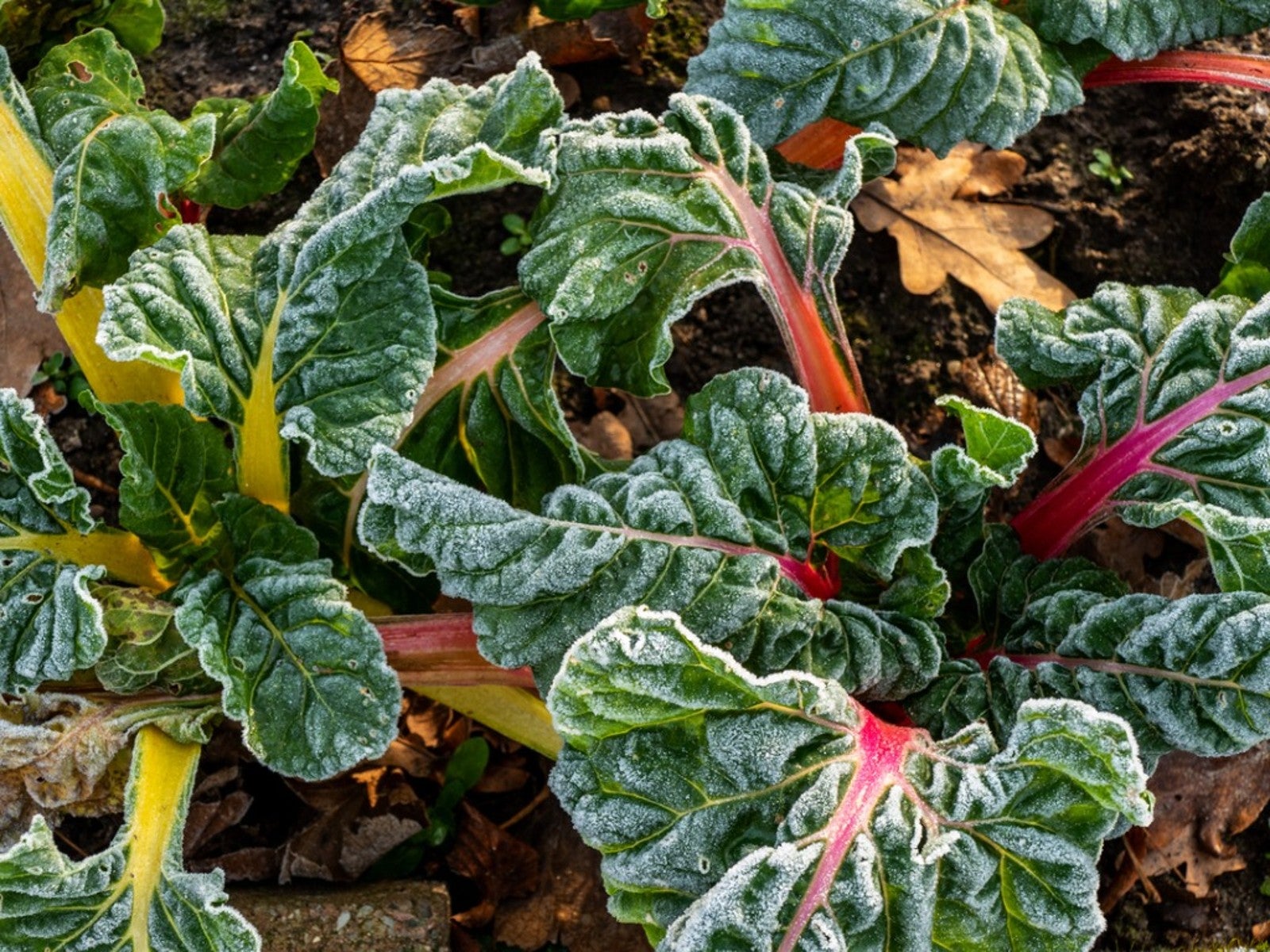 Frost Tolerance Of Vegetables From Least To Most Hardy
Frost Tolerance Of Vegetables From Least To Most HardyHow cold can vegetables tolerate? Knowing which veggies will survive frosts and freezes is essential for the success of your garden. Click here for more.
By Laura Miller
-
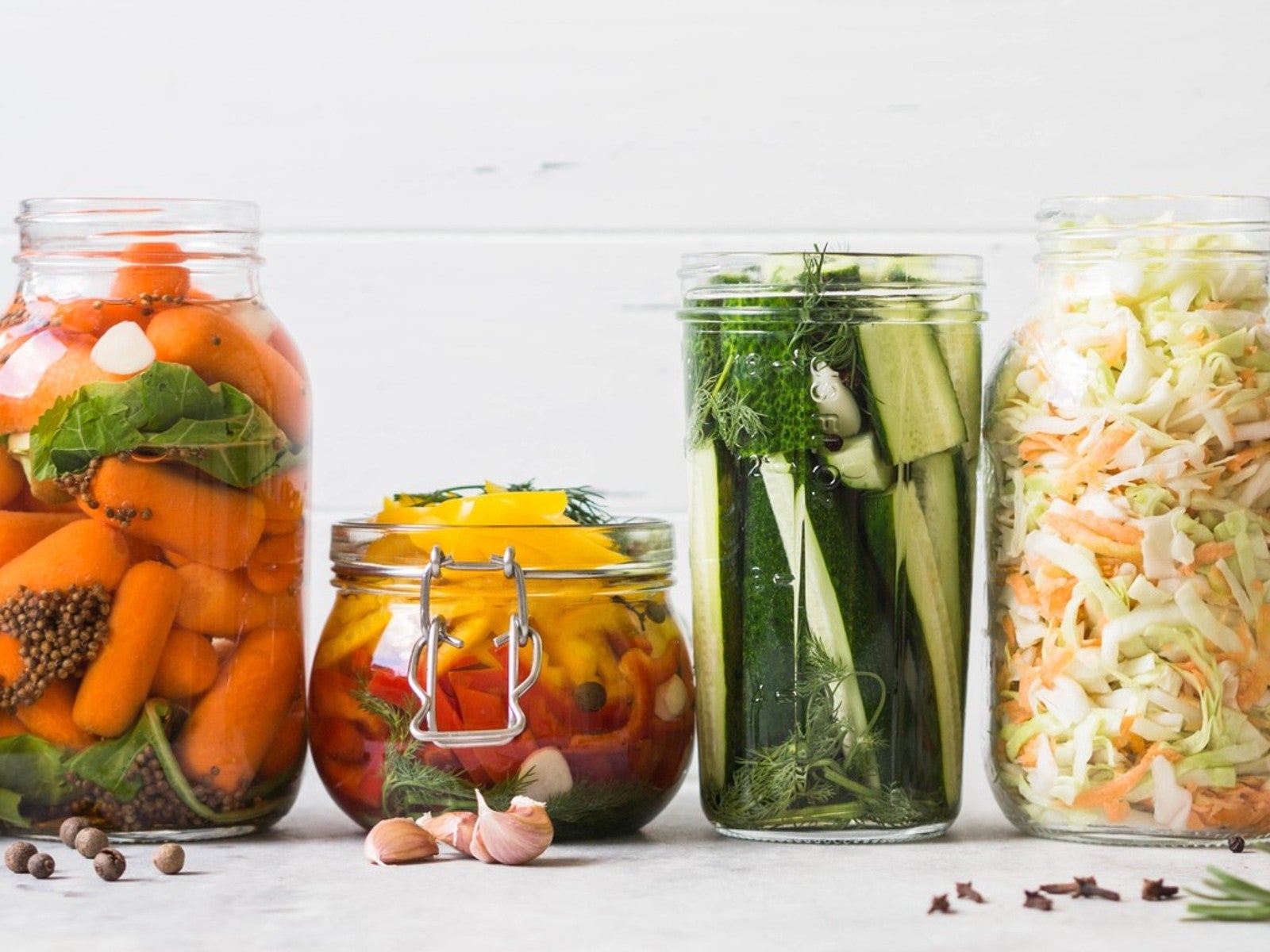 Best Vegetables To Pickle Straight From The Garden
Best Vegetables To Pickle Straight From The GardenPickles aren’t limited to just cucumbers. Read on for tips on pickling your fresh veggies.
By Amy Grant
-
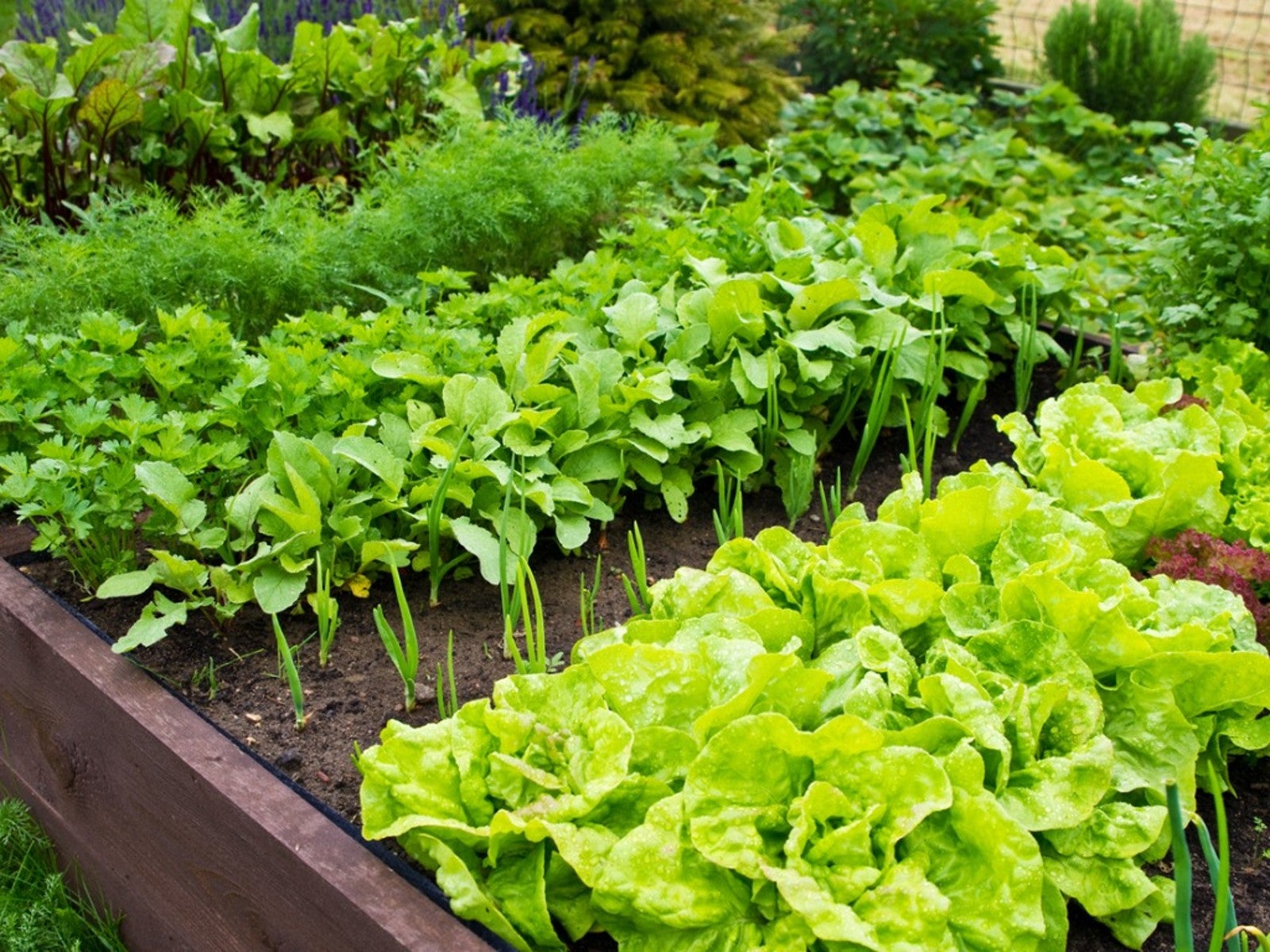 Benefits Of Planting In Fall Vs. Spring Vegetable Plots
Benefits Of Planting In Fall Vs. Spring Vegetable PlotsLearn why some vegetables do better if you plant them in fall instead of spring.
By Laura Miller
-
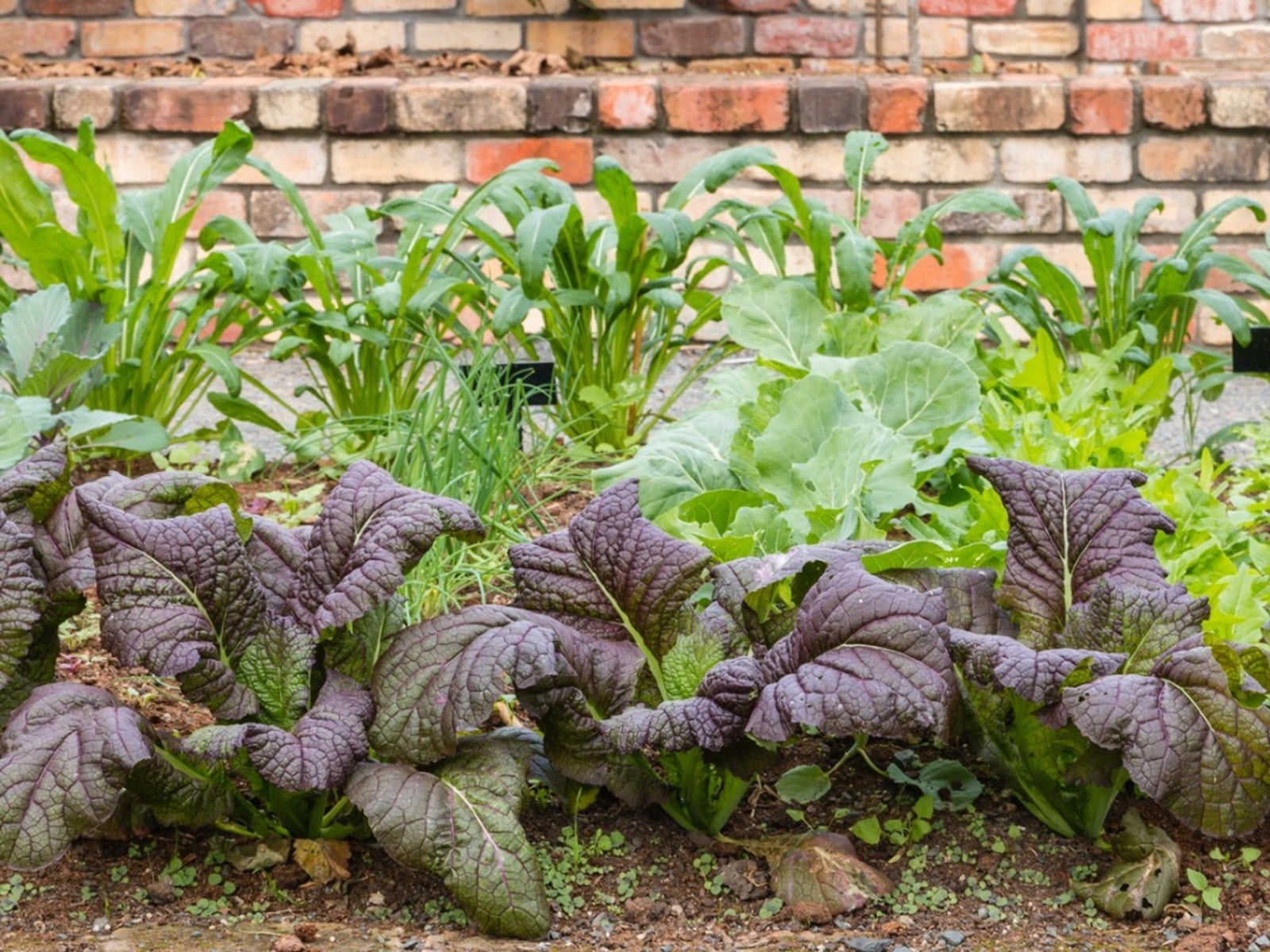 Interplanting Vegetables In The Fall Garden
Interplanting Vegetables In The Fall GardenLearn all about the benefits of interplanting vegetables for your fall garden.
By Laura Miller
-
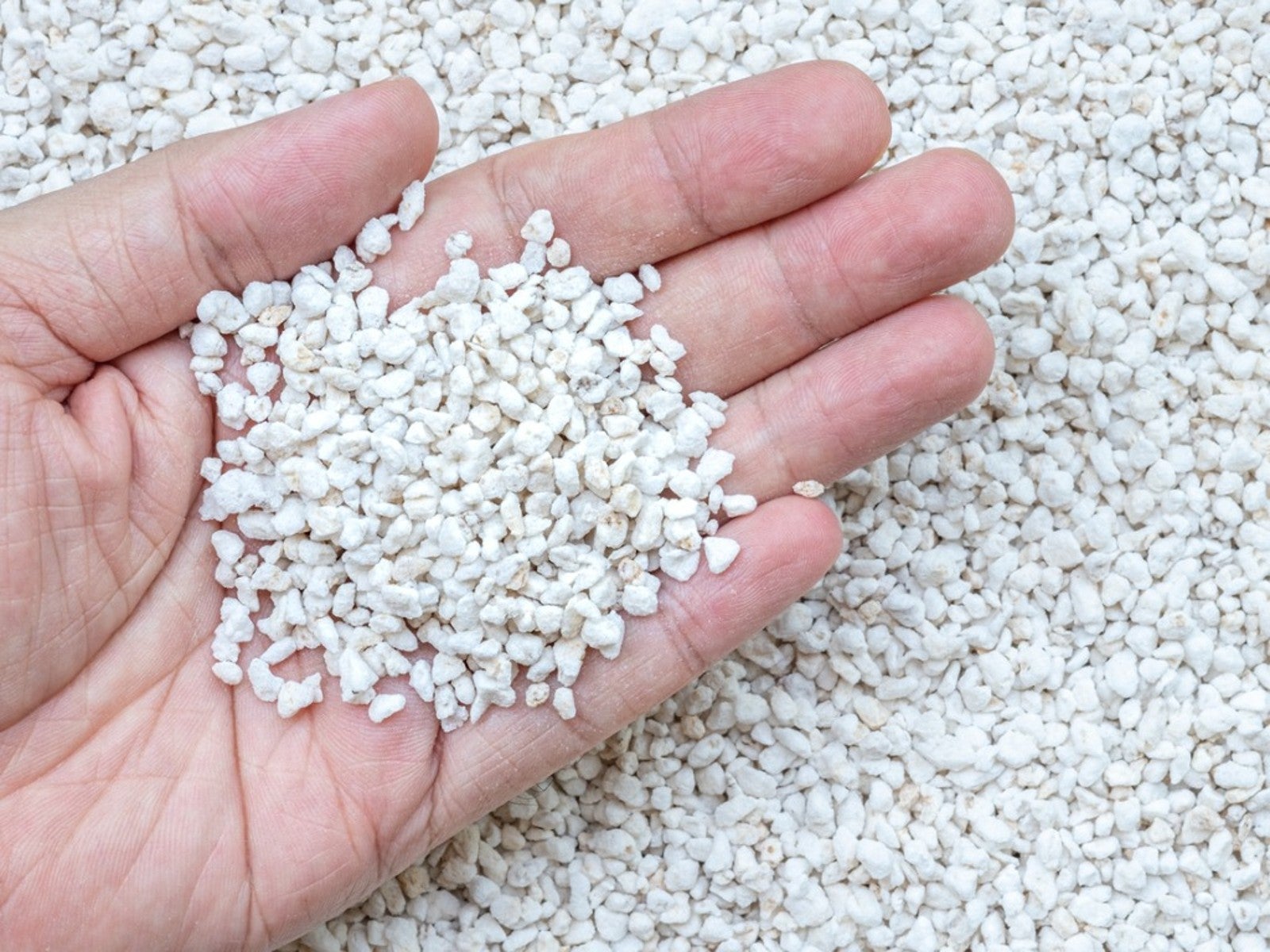 Best Vegetables For Growing In Perlite
Best Vegetables For Growing In PerlitePerlite is a natural growing medium that comes from super-heated volcanic glass. In some cases, it works better than soil. Read on for more info.
By Laura Miller